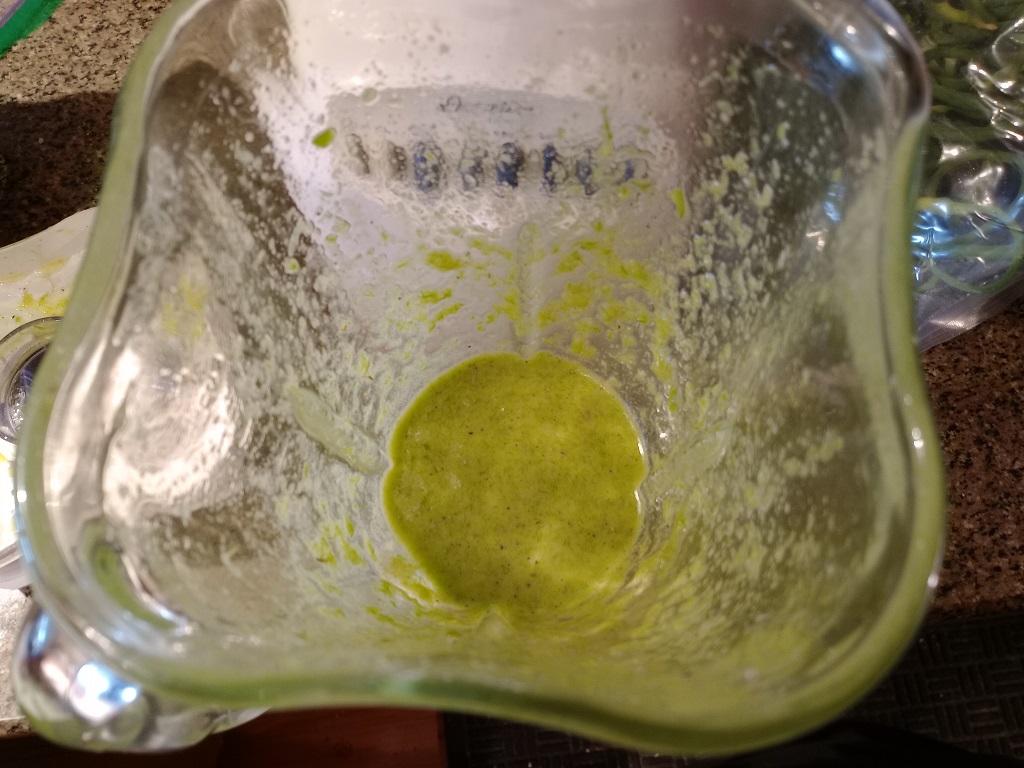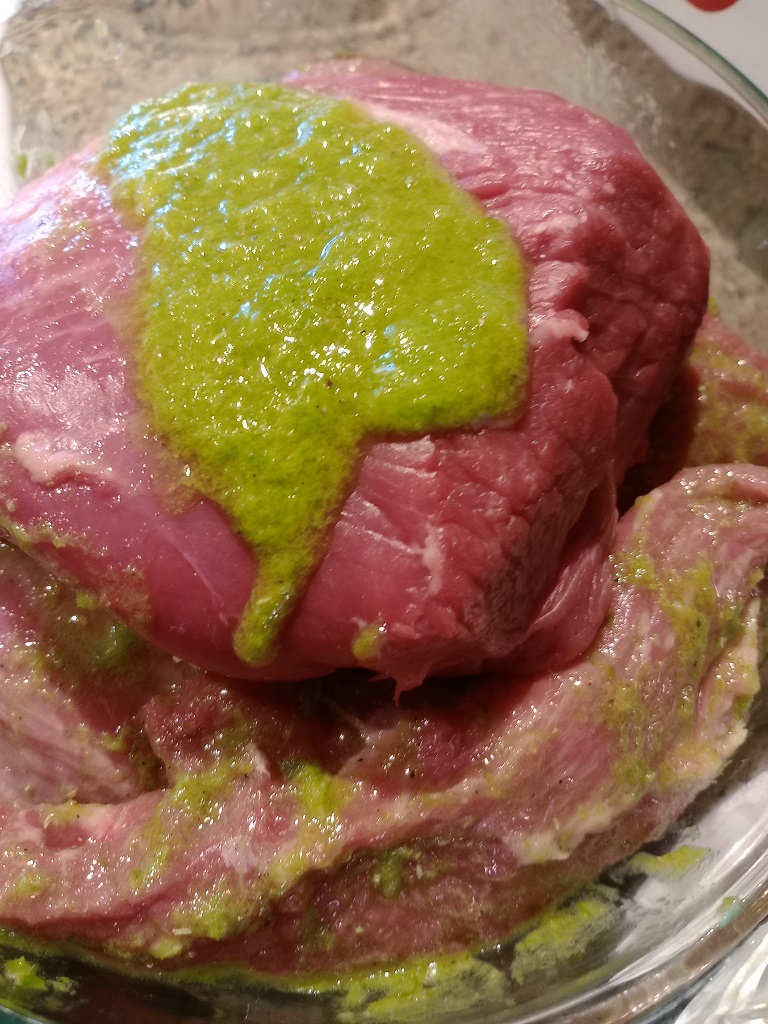I need to migrate my ElasticSearch installation over to OpenSearch. From reading the documentation, it isn’t really clear if that is even possible as an in-place upgrade or if I’d need to use a remote reindex or snapshot backup/restore. So I tested the process with a minimal data set. TL;DR: Yes, it works.
Create a docker instance of ElasticSearch 7.7.0
mkdir /docker/es/esdata
chmod -R g+dwx /docker/es/esdata
chgrp -R 0 /docker/es/esdata
mkdir /docker/es/esconfig
Populate configuration info into ./esconfig and ./esdata is an empty directory
docker run –name es770 -dit -v /docker/es/esdata:/usr/share/elasticsearch/data -v /docker/es/esconfig:/usr/share/elasticsearch/config -p 9200:9200 -p 9300:9300 -e “discovery.type=single-node” docker.elastic.co/elasticsearch/elasticsearch:7.7.0
Populate Data into ElasticSearch Sandbox
Use curl to populate an index with some records – you can create lifecycle policies, customize the fields, etc … this is the bare minimum to validate that data in ES7.7 can be ingested by OS2.12curl -X POST “localhost:9200/ljrtest/_bulk” -H “Content-Type: application/x-ndjson” -d’
{“index”: {“_id”: “1”}}
{“id”: “1”, “message”: “Record one”}
{“index”: {“_id”: “2”}}
{“id”: “2”, “message”: “Record two”}
{“index”: {“_id”: “3”}}
{“id”: “3”, “message”: “Record three”}
{“index”: {“_id”: “4”}}
{“id”: “4”, “message”: “Record four”}
{“index”: {“_id”: “5”}}
{“id”: “5”, “message”: “Record five”}
{“index”: {“_id”: “6”}}
{“id”: “6”, “message”: “Record six”}
{“index”: {“_id”: “7”}}
{“id”: “7”, “message”: “Record seven”}
{“index”: {“_id”: “8”}}
{“id”: “8”, “message”: “Record eight”}
{“index”: {“_id”: “9”}}
{“id”: “9”, “message”: “Record nine”}
{“index”: {“_id”: “10”}}
{“id”: “10”, “message”: “Record ten”}
‘
Shut Down ElasticSearch
docker stop es770
Bring Up an OpenSearch 2.12 Host
mkdir /docker/es/osconfig
Populate the configuration data for OpenSearch in ./osconfig
docker run –name os212 -dit -v /docker/es/esdata:/usr/share/opensearch/data -v /docker/es/osconfig:/usr/share/opensearch/config -p 9200:9200 -p 9600:9600 -e “discovery.type=single-node” -e “OPENSEARCH_INITIAL_ADMIN_PASSWORD=P@s5w0rd-123” opensearchproject/opensearch:2.12.0
Verify Data is Still Available in OpenSearch
[root@docker es]# curl -k -u “admin:P@s5w0rd-123” https://localhost:9200/ljrtest
{“ljrtest”:{“aliases”:{},”mappings”:{“properties”:{“id”:{“type”:”text”,”fields”:{“keyword”:{“type”:”keyword”,”ignore_above”:256}}},”message”:{“type”:”text”,”fields”:{“keyword”:{“type”:”keyword”,”ignore_above”:256}}}}},”settings”:{“index”:{“creation_date”:”1710969477402″,”number_of_shards”:”1″,”number_of_replicas”:”1″,”uuid”:”AO5JBoyzSJiKZA9xeA2imQ”,”version”:{“created”:”7070099″,”upgraded”:”136337827″},”provided_name”:”ljrtest”}}}}
Conclusion
Yes, a very basic data set in ElasticSearch 7.7.0 can be upgraded in-place to OpenSearch 2.12.0 — in the “real world” compatibility issues will crop up (flatten!!), but the idea is fundamentally sound.
Problem, though, is compatibility issues. We don’t have exotic data types in our instance but Kibana uses “flatten” … so those rare people use use Kibana to access and visualize their data really cannot just move to OpenSearch. That’s a huge caveat. I can recreate everything manually after deleting all of the Kibana indices (and possibly some more, haven’t gone this route to see). But if I’m going to recreate everything, why wouldn’t I recreate everything and use remote reindex to move data? I can do this incrementally — take a week to move all the data slowly, do a catch-up reindex t-2 days, another t-1 days, another the day of the change, heck even one a few hours before the change. Then the change is a quick delta reindex, stop ElasticSearch, and swap over to OpenSearch. The backout is to just swing back to the fully functional, unchanged ElasticSearch instance.











